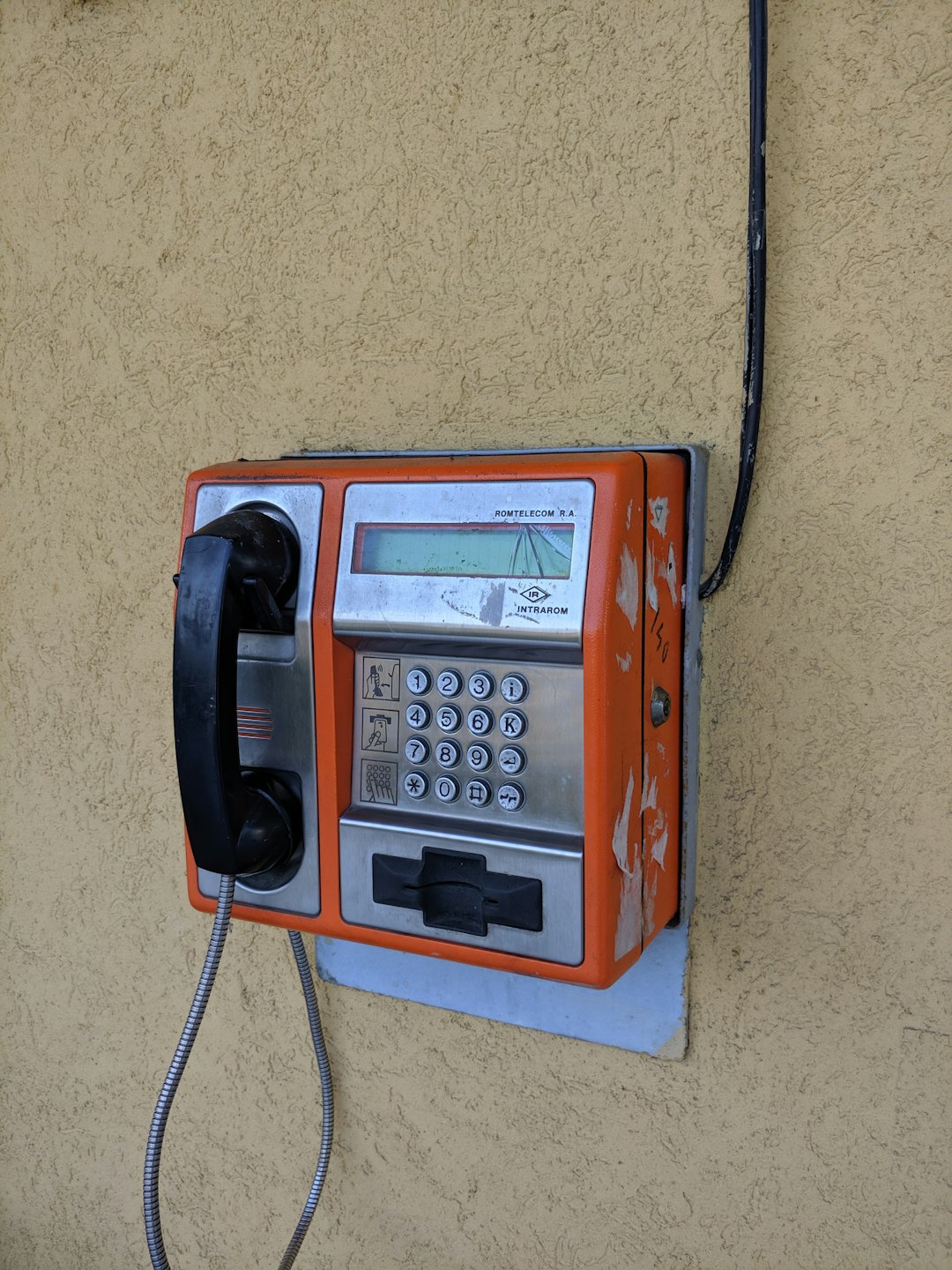Colorado's Do Not Call law protects residents from unwanted automated calls, especially from law firms, by offering registration and reporting options. Top-rated robocall blocker apps use advanced algorithms to block spam, including firm advertisements, ensuring compliance with state regulations. These apps provide real-time protection against known and unknown callers, customizable settings, and seamless integration for a quieter digital environment. With evolving technology, AI-driven analytics and enhanced security features are expected in future apps to combat growing cyber threats.
Navigating the sea of robocalls can be frustrating and illegal in Colorado, where strict Do Not Call laws protect residents. With a surge in law firm robocalls, many Coloradans are turning to robocall blocker apps for relief. This comprehensive guide explores top-rated apps tailored to block law firm robocalls effectively. We delve into key features to look for, real-world success stories from Colorado users, and future trends in evolving blocking technology, ensuring you stay protected.
Understanding Robocalls and Do Not Call Laws in Colorado

Robocalls, automated phone calls from unknown numbers, have become a persistent nuisance across the country, including Colorado. While many people view them as annoying, robocalls can also be a sign of illegal activity, especially when they involve marketing or telemarketing calls from law firms. In response, Colorado has implemented a robust Do Not Call law to protect its residents from unwanted phone solicitations. This law, similar to federal regulations, allows citizens to register their numbers on the National Do Not Call Registry. However, it’s important to note that not all robocalls are prohibited; some may be from local services, emergency notifications, or surveys.
Colorado’s Do Not Call laws also extend to law firms and other professional services, ensuring they cannot use automated calls for marketing purposes without prior consent. Residents who feel their privacy has been invaded by persistent robocalls can take action by registering their numbers and reporting suspicious calls to the Colorado Division of Consumer Affairs. Understanding these regulations is crucial for both consumers and businesses, ensuring a more peaceful and less disruptive phone experience in the state.
Top Apps to Block Law Firm Robocalls Effectively

In today’s digital era, navigating a sea of robocalls can be particularly frustrating for Colorado residents, especially when they involve law firm advertisements. The good news is that top-rated robocall blocker apps offer effective solutions to mitigate this issue. These applications are designed to identify and block unwanted calls, including those from law firms, ensuring your peace of mind.
Many of these apps utilize advanced algorithms and databases to recognize and filter out robocalls, allowing you to focus on legitimate communications. By installing a reputable robocall blocker app, Colorado users can rest assured that their phone numbers are not accessible to automated marketing systems, particularly those associated with law firms attempting to promote their services via Do Not Call lists.
Features to Look For in a Robust Robocall Blocker

When searching for a top-rated robocall blocker app in Colorado, it’s essential to consider certain key features that set apart a robust solution from the rest. Firstly, look for apps with extensive call filtering capabilities, capable of blocking not just unknown numbers but also those associated with law firms and other common sources of unwanted calls. These apps should offer real-time protection against spam calls, using advanced algorithms to identify and block them promptly.
Additionally, a user-friendly interface that allows you to customize your preferences is crucial. Features like whitelisting trusted contacts, blacklisting known telemarketers, and quiet hours customization can significantly enhance the app’s effectiveness. Remember that the best robocall blocker should integrate seamlessly with your phone’s system, ensuring minimal disruption while providing maximum protection against Do Not Call law firm violations in Colorado.
Real-World Success Stories: Colorado Users Share Their Experiences

In a state like Colorado, known for its vibrant communities and bustling landscapes, the problem of unwanted robocalls has been a persistent issue. However, many residents have found relief through top-rated robocall blocker apps. These apps have not only filtered out annoying spam calls but have also significantly reduced instances of suspected fraud and scams targeting Coloradans.
Real-world success stories abound, with users sharing their positive experiences. Many have reported a substantial drop in the number of unwelcome calls from law firms and other businesses. This shift has been particularly noticeable among those who were previously flooded with persistent sales pitches and fraudulent offers. By employing these effective robocall blocking solutions, Colorado residents are reclaiming control over their communication channels and enjoying a quieter, safer digital environment.
Future Trends: Evolving Robocall Blocking Technology

As technology advances, so does the method and sophistication of robocalls. While current robocall blocker apps in Colorado leverage machine learning algorithms to identify and block unwanted calls, future trends point to even more sophisticated solutions. Expect to see advancements like improved natural language processing that can understand context and intent better, enabling more precise blocking. Additionally, integration with Do Not Call registries at both state and federal levels will enhance the effectiveness of these apps by cross-referencing caller data against verified opt-out lists.
Another emerging trend is the potential for AI to analyze call patterns and predict unwanted or fraudulent calls before they even reach your phone. This proactive approach could significantly reduce the volume of robocalls received, providing Colorado users with greater peace of mind. Moreover, as cyber threats evolve, these apps may incorporate additional security features, such as spam text filtering and enhanced privacy protections, to safeguard user data in an increasingly digital landscape.






